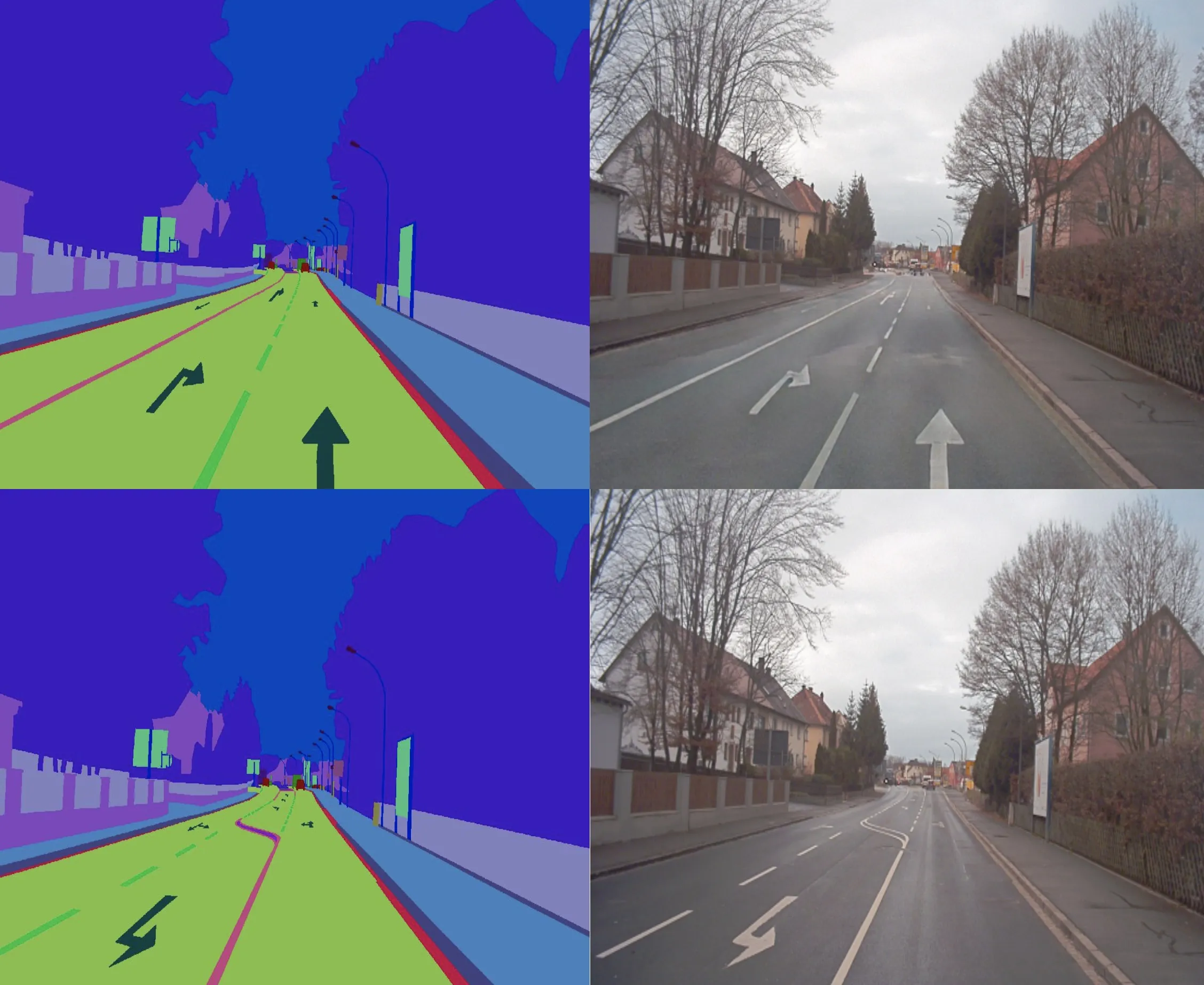
More than 95% of participants rated an autonomous vehicle (AV) commuter service operating on public roads in London as a positive experience, says TRL (Transport Research Laboratory).
TRL says results of the StreetWise initiative were driven by the AV system's ability to keep a safe distance, perceive and manoeuvre safely around obstacles and hazards, drive like a human and manage roundabouts.
The laboratory carried out the initiative with technology firm Five and DirectLine to gain real-world insights on factors that may affect the uptake of AV mobility services.
Five's AVs transported 110 passengers along a 13-mile return trip in the UK capital. It included shared tramways, cyclists, pedestrians, T-junctions, signalised pedestrian crossings and a variety of vulnerable road users.
According to TRL's StreetWise Trial: Findings Report, 86% of participants stated the commuter service surpassed their expectations while eight out of ten people reported high trust in the AV system.
Co-founder of Five Stan Boland says: “The experience we gained in building a completely new self-driving system, including sophisticated deep learning perception and planning technologies, required us to build a prototypical cloud-based technology to help develop and test our system to a measurable level ahead of time.”
Boland reveals the company is now commercialising the platform widely to help the industry “build better systems, simultaneously shortening their time to market and enabling the delivery of evidence-based safety arguments”.
Other findings show participants are willing to pay an average of £5.50 for a shared AV trip of around 6.5 miles.
The willingness to shift to AVs is more likely for specific journey purposes such as commuting, business travel or a range of leisure activities which include a trip to a restaurant in the evening, TRL adds.
David Hynd, chief scientist at TRL, says: “Moving forwards, it is essential that the wider industry comes together to build on what we have achieved so far, so that we not only learn from our combined findings, but also so we can build the framework whereby we harmonise the standards for a future that includes automated vehicles.”









